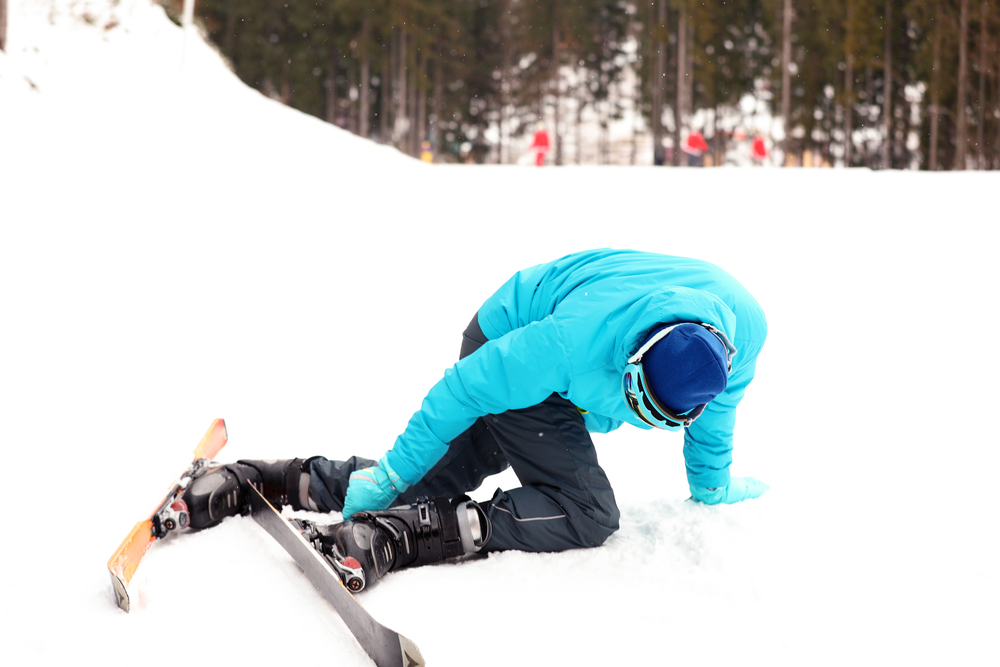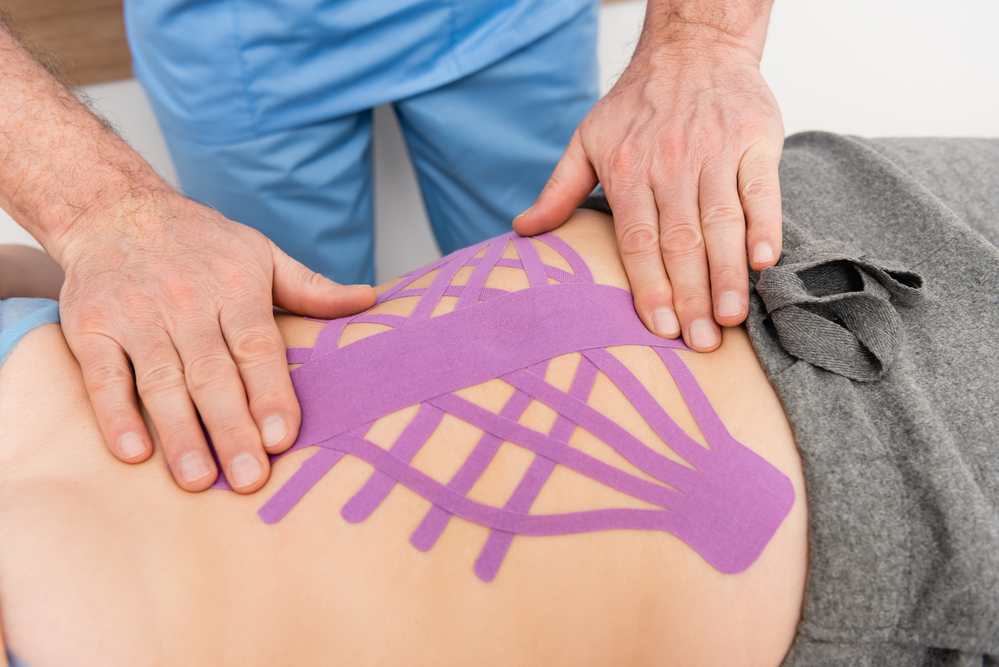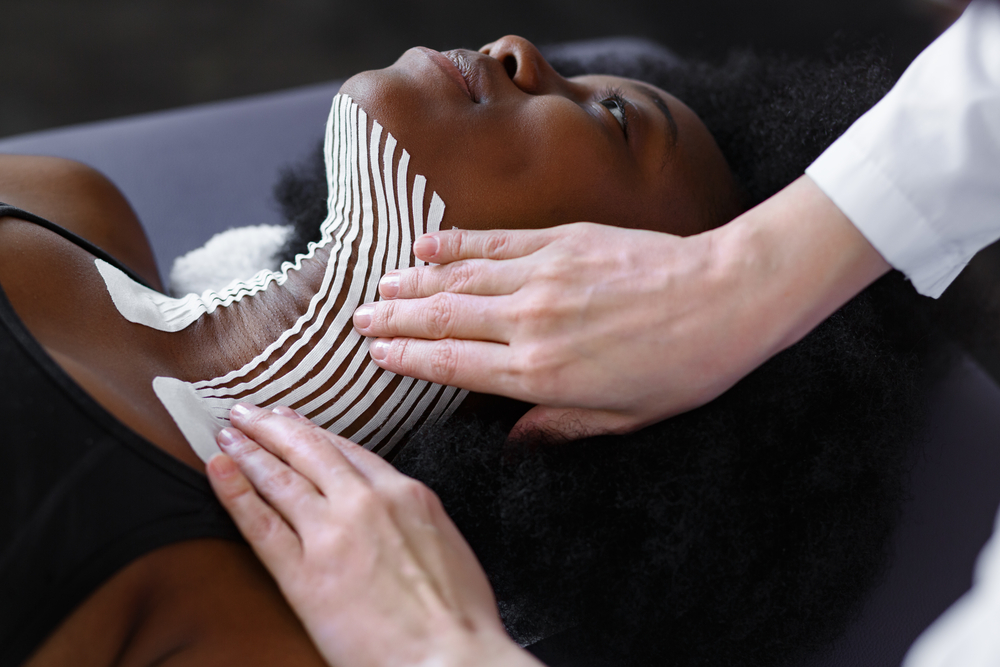If you’ve been injured or are otherwise struggling with your mobility, physical therapy can help you improve your range of motion and heal. Sports therapy is a type of physical therapy targeted at athletes. While both sports therapy and physical therapy may seem like the same thing, there are some key differences in why an athlete would want to go to sports therapy rather than physical therapy.
Here is what you need to know about how sports therapy and physical therapy differ so that you can better understand why this is.
What Is Physical Therapy?

Physical therapy utilizes a variety of treatments, modalities, and healing techniques in order to restore function, improve mobility, and strengthen your body. It stimulates your body’s natural healing abilities so that you can enjoy a healthier, less painful lifestyle. In addition to helping you recover from an injury, physical therapy can protect you against future injury by helping your body be stronger, more mobile, and more functional.
Physical therapy can help people with all sorts of issues, such as:
- Recovering from a surgery
- An acute injury, such as from a fall
- A defect
- And more
What Is Sports Therapy?
Sports therapy is a subset of physical therapy, targeted at people who play sports. Just like with your standard physical therapy, sports therapy is focused on helping you heal, restore functionality and mobility, and increase strength.
Sports therapists must be physical therapists first. Then, they go on to complete additional training and certifications in sports medicine in order to address the specific needs athletes have.
Sports therapy spans a wide range of athletic issues, from treating an injury sustained in training or while competing, to pre- and post-operative care, and more.
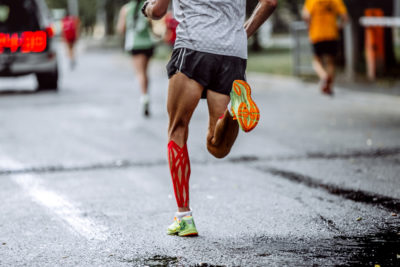
Why Wouldn’t An Athlete Want To Go To A Normal Physical Therapy?
If you’re an athlete, you can certainly go to a normal physical therapist. However, it’s generally advised that you go to a physical therapist who specializes in sports medicine. The reason for this is because if you go to a normal physical therapist, they’ll help you heal and regain mobility, certainly. However, they may say that you are good to go when you can do things normally, but not take the demands of your sport into account.
So, you may be able to go about your day-to-day life just fine, but when you try to play your sport, you may find that you are still struggling with pain, mobility, and other issues.
This is why you would want to see a sports therapist. Physical therapists who specialize in sports medicine understand the demands sports place on your body. Their goal is not just to help you go about your day-to-day life, but also to help you to be able to play and compete again. They recognize that athletes push their bodies further than people do in typical daily life, and adjust their treatment accordingly.
How Do Physical Therapy And Sports Therapy Differ?
We talked about the main difference between sports therapy and physical therapy in the above section. They can also vary in the therapy process itself. Physical therapy treatments depend on your specific needs. Your therapist will formulate a plan personalized to you, your condition, and how your body responds to treatment.
Treatments can include stretching, exercises, dry needling, electrical stimulation, and more. Your therapist may recommend kinesio tape, either to help with athletic performance or with swelling or for support.
Sports therapy includes all of that, as well as exercises specifically designed to help your body do what your sport demands.
The main difference between physical therapy and sports therapy can be described as function versus performance. Physical therapy helps you body function again while sports therapy helps it perform again.
Expert Sports Therapy And Physical Therapy In Northern Utah

Wasatch Peak Physical Therapy offers both standard physical therapy services and sports therapy services. If you are looking for either sports therapy or standard physical therapy services, don’t hesitate to contact us today. We have multiple locations throughout Northern Utah to better serve as many people as possible.
Contact us today to learn more about the issues we treat and how we can help you reclaim your life.
